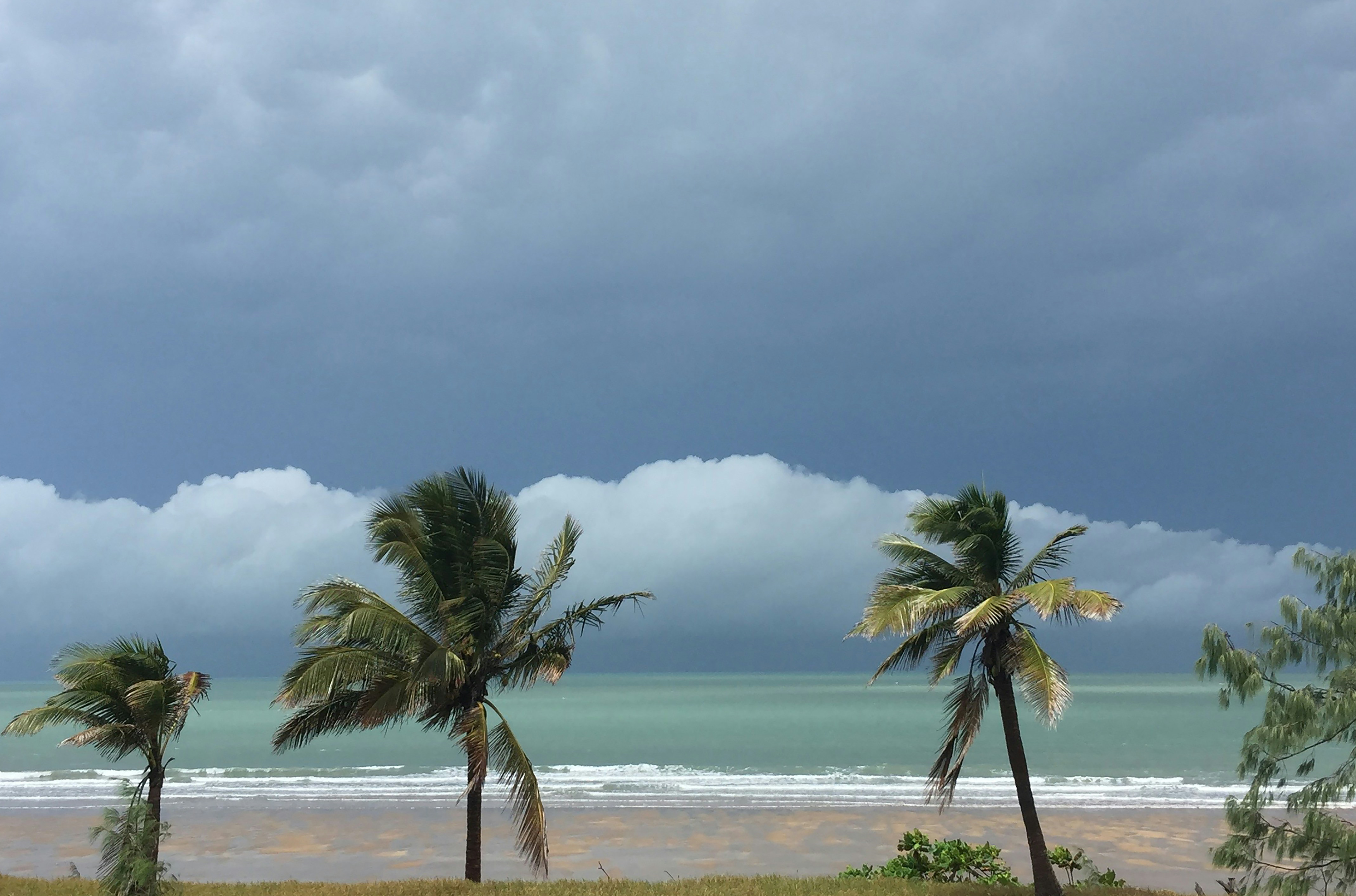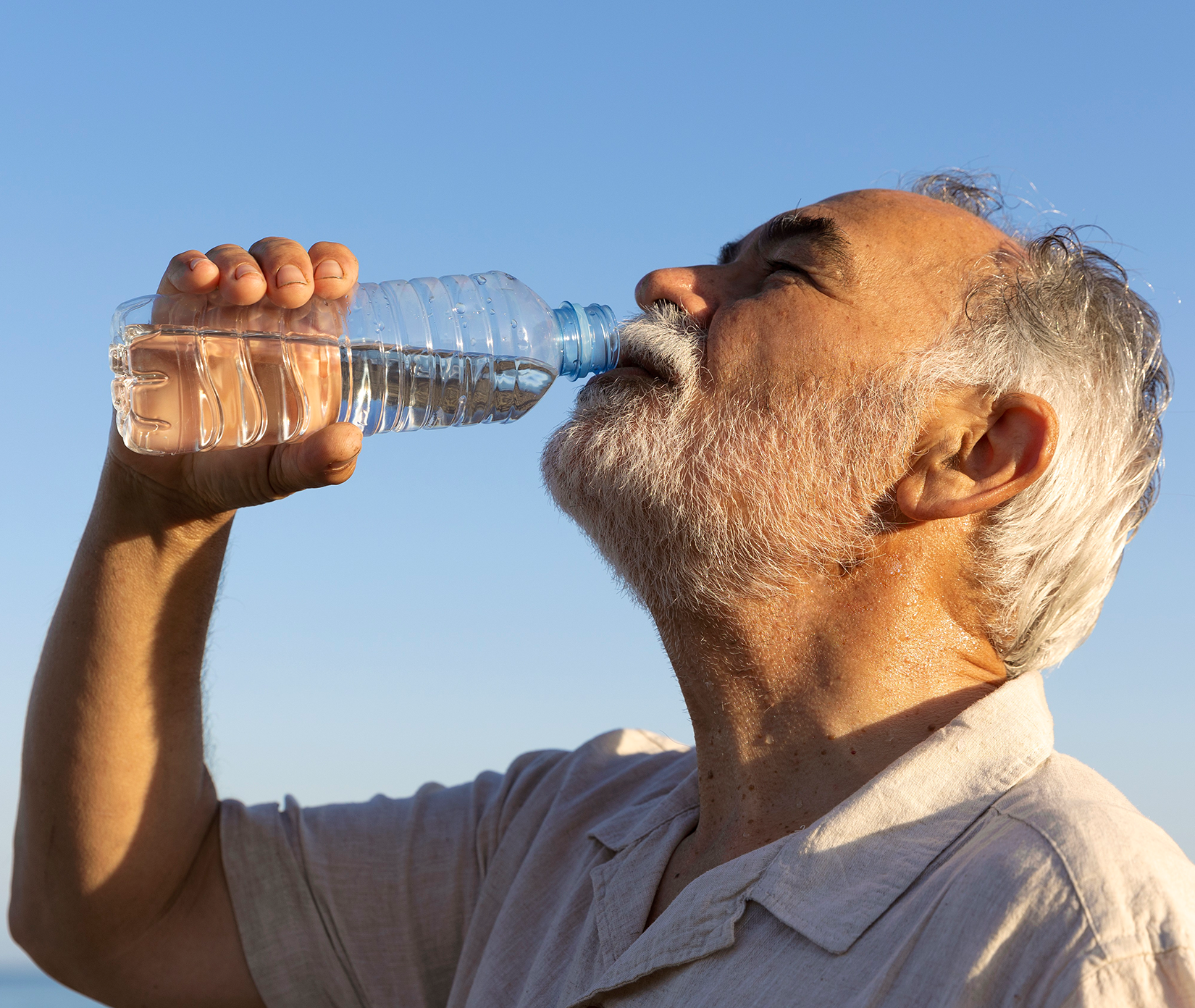Five Leading Reasons for Summer Emergency Room Visits
Take steps to avoid common summertime injuries and illnesses.
School is out, temperatures are rising, and vacations are beginning. With the official start of summer, emergency rooms across the country become busier than ever.
Supplemental Health Insurance to Help Bridge Coverage Gaps
Explore Accident, Critical Illness, and Hospital Indemnity plans.
Here are some of the most common reasons people head to the ER during the summer months:
1. Sprains, strains, and orthopedic injuries. Sprained ankles and broken bones are among the leading reasons for children’s emergency room visits during the summer. Swimming pools, bikes, trampolines, and monkey bars are the primary culprits.2
Adult supervision, adherence to safety guidelines, and proper use of equipment (including helmets!) can help children enjoy their summer adventures while staying safe.
2. Extreme heat. The elderly, children, and those with chronic illnesses are particularly susceptible to the dangers of extreme heat. Heat cramps, caused by loss of sodium and other electrolytes, can lead to heat exhaustion, which causes nausea, headaches, fatigue, and even heat stroke.
Those who develop heat exhaustion should seek shade, hydrate, and cool down immediately. Extreme instances of heat stroke require immediate medical attention.
3. Burns. Grills and fireworks pose serious fire and injury risks during summer celebrations. Grills can cause burns, injuries, and home fires, especially if left unattended or placed too close to structures or flammable materials. Fireworks and sparklers can also cause severe burns. In 2024, the U.S. Consumer Product Safety Commission reported that an estimated 9,700 firework-related injuries required emergency room treatment.3
Place grills far from structures and deck railings, clean after each use, and supervise children and pets. Fireworks and sparklers can burn as hot as 2,000 degrees Fahrenheit, so be smart and leave fireworks to the professionals.4
4. Dehydration. Too much time in the hot sun can lead to dehydration, regardless of how active you are, especially in dry climates or high altitudes. Sugary drinks, alcohol, and caffeine, can also contribute to dehydration.
Prioritize consistent fluid intake, especially when exercising. (Don’t wait until you are thirsty.) Choose healthy hydrating options like water, sports drinks (for electrolyte replenishment), and fruits and vegetables high in water content.
5. Food-borne illnesses. Warm temperatures make it much easier for bacteria to grow on food. Cooking outside also makes it harder to ensure cooking utensils and surfaces remain clean.
Avoid keeping food in the heat for long periods of time and refrigerate any food that can easily spoil. Keep raw meat, poultry, and seafood chilled and separated from other foods until ready to grill. Thoroughly wash your hands and cooking utensils.
Summer accidents and hospitalizations can be expensive. Accident insurance can help cover unanticipated costs from an accident or injury with cash benefits for medical treatment, ambulance services, and more.
If you require hospitalization, Hospital Indemnity insurance provides a financial cushion to help lessen the financial burden. If you are hospitalized while traveling, cash benefits can help with expenses beyond medical costs, like transportation and lodging.
Learn more about our Supplemental Health plans.
1 “Hospital emergency rooms see boom in patients around the Fourth of July,” Pew Research Center, pewresearch.org, accessed May 2025.
2 “Preventing Summer ER Trips: Children’s Injury Trends and Statistics 2024, safehome.org, accessed May 2025.
3 “4th of July Fireworks Safety: Tips for Families,” healthychildren.org, accessed May 2025.
4 “The most common reasons for clinic visits during the summer,” pacificmedicalcenters.org, accessed May 2025.
5 “Summer: The Season of Food Poisoning,” Community Care Physicians, communitycare.com, accessed May 2025.
1086547-00001-00


